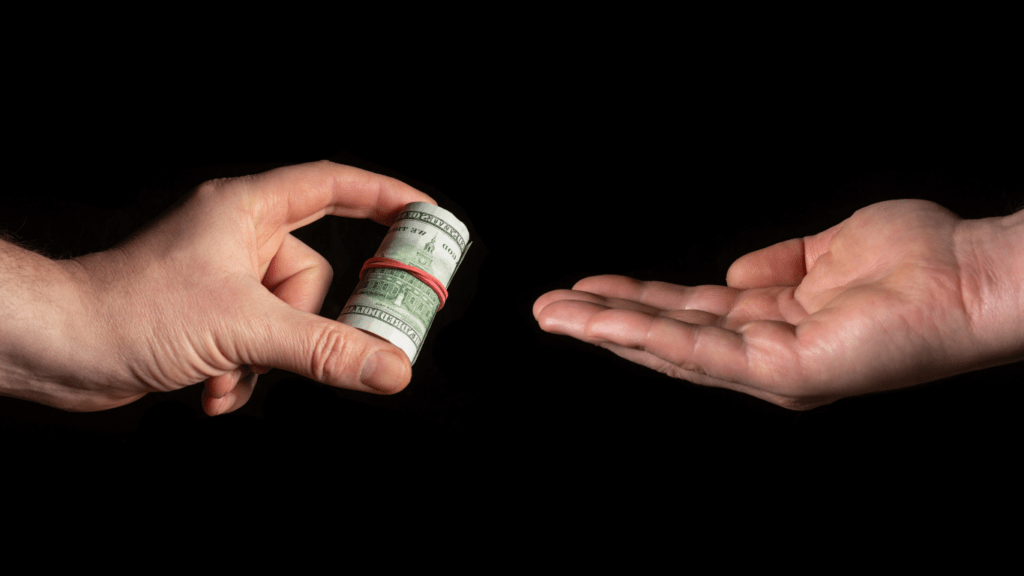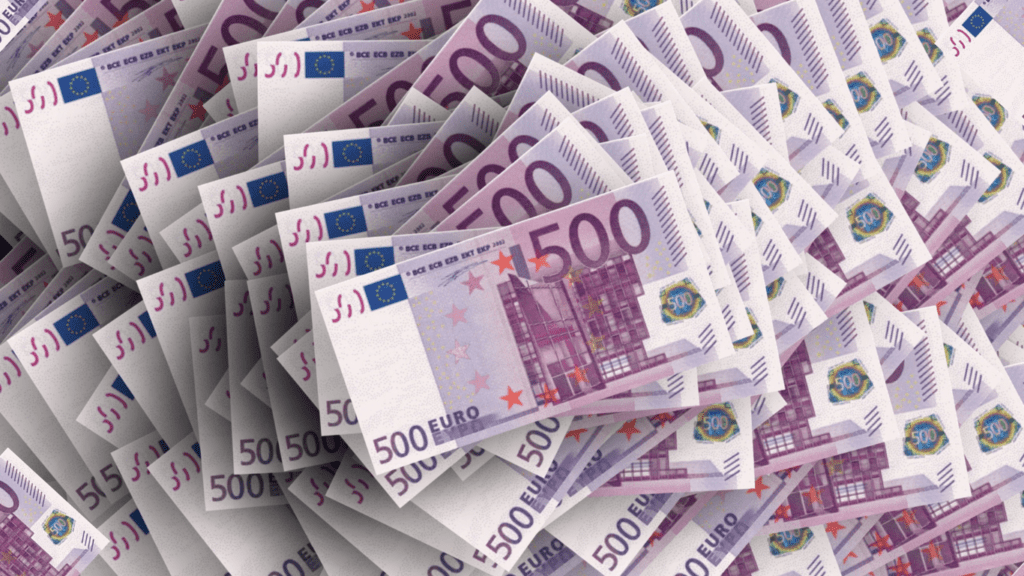The Drama of Euro 2024: A Near Multi-Million Dollar Win
Euro 2024 created moments of high tension for sports bettors. One person’s story stood out, nearly clinching a $2.5 million prize.
What Happened to the Bettor at Euro 2024?
During Euro 2024, a bettor made a series of bold predictions. Each match brought a mix of anticipation and anxiety as the bettor’s picks began to materialize.
Success seemed imminent until the final match. Despite a near-perfect streak, one unexpected outcome in a crucial game derailed the entire bet.
The bettor faced a rollercoaster of emotions, finishing just shy of a life-changing sum.
The Allure of Sports Betting
Sports betting attracts millions due to the combined thrill of sports and the potential for financial gain.
Factors Driving Popularity of Sports Betting
Several key factors contribute to the increasing popularity of sports betting:
- Entertainment Value: People enjoy the added excitement of having a stake in the game. Betting transforms ordinary matches into gripping events.
- Accessibility: Online platforms make it easier than ever to place bets from anywhere, anytime. Mobile apps further enhance this convenience.
- Social Interaction: Bettors often discuss bets with friends, creating a sense of community. Engaging in shared experiences strengthens these bonds.
- Potential Financial Gain: The prospect of winning significant sums attracts many. Even small bets can lead to substantial rewards.
- Skill and Knowledge: Bettors use strategies based on their understanding of sports. Predicting outcomes gives a sense of control and accomplishment.
Risk vs. Reward: Insights from Psychology
Psychology plays a significant role in sports betting, especially in the perception of risk versus reward:
- Adrenaline Rush: Placing a bet triggers excitement and anticipation. This adrenaline boost makes betting addictive.
- Cognitive Biases: People often fall prey to biases like the gambler’s fallacy. They believe past results influence future outcomes, driving continuous betting.
- Risk Perception: Bettors sometimes misjudge the actual risk involved. They may overestimate their chances of winning based on past successes.
- Emotional Impact: Winning produces euphoria while losing leads to frustration. This emotional roller-coaster can create compulsive behaviors.
- Social Proof: Seeing others win large amounts encourages betting. Success stories spread quickly, boosting the perceived likelihood of winning.
These psychological factors, combined with the sheer unpredictability of sports betting, keep bettors engaged and invested, despite the inherent risks.
The Legal Landscape of Betting in Sports

Sports betting intertwines entertainment and risk, with regulations shaping its dynamics.
Current Regulations Around Sports Betting
Regulations for sports betting vary significantly across regions, affecting legality and operation.
In the US, the Professional and Amateur Sports Protection Act (PASPA) of 1992 banned sports betting federally but was overturned in 2018. Now, each state decides its regulations.
| Region | Legality | Notes |
|---|---|---|
| US | Varies by state | PASPA overturned in 2018, state-determined laws |
| UK | Legal, regulated | Operated by the UK Gambling Commission |
| EU | Varies by country | Member states have unique regulations |
In the United Kingdom, the Gambling Commission oversees sports betting, ensuring fair play and protecting consumers. Each European Union member state has unique laws, creating a diverse regulatory environment.
Impact of Regulations on Betting Behavior
Regulations influence betting patterns, accessibility, and frequency. Strict regulations may deter casual bettors while fostering illegal betting markets.
For instance, regions with stringent rules often see an uptick in unregulated betting activities.
Conversely, regions with well-structured, transparent regulatory frameworks tend to have higher participation in legal betting.
The UK’s regulated market encourages responsible gambling through measures like self-exclusion programs and spending limits.
In the US, state-specific regulations create varied consumer experiences. States like New Jersey, with robust online betting platforms, see higher engagement.
States with restrictive laws—like Utah, where all gambling is banned—see minimal legal betting activity.
These regulatory environments shape how bettors approach sports betting, balancing entertainment and risk within the confines of the law.
Personal Stories from the Betting World
Personal stories of big wins and near misses in sports betting provide valuable insights. These experiences often captivate new bettors, highlighting both the potential rewards and pitfalls.
Notable Big Wins and Near Misses
Numerous stories exist of bettors achieving significant wins. For example, in a 2018 World Cup match, a bettor turned $500 into $100,000 with a series of accurate predictions.
Conversely, narrow losses, like the Euro 2024 incident, reveal the high stakes and the thin margin for error. One instance in 2020 saw a bettor miss a $1 million prize due to a last-minute goal.
These narratives illustrate the dual-edged nature of high-stakes betting.
How These Stories Influence New Bettors
New bettors often get inspired by accounts of big wins.
Enthusiasm and optimism drive them to place their own bets, hoping for similar outcomes. However, cautionary tales of near misses introduce a sense of realism.
They help new bettors understand the inherent risks, prompting them to bet with more consideration and strategy.
This balance of inspiration and caution shapes the way new bettors engage with sports betting, influencing their expectations and strategies.
Public and Media Reaction to the Near Miss
The Euro 2024 betting story gripped both the public and the media, captivating audiences with its dramatic turn of events and highlighting the tension in high-stakes betting.
Media Coverage of the Euro 2024 Near Miss
Media outlets extensively covered the bettor’s journey, with headlines capturing the essence of the near miss.
Leading sports news websites provided detailed accounts of the matches involved, stressing the unpredictability of the outcome.
Analysts often emphasized both the magnitude of the potential win and the sheer improbability of the final outcome dashing those hopes.
TV networks broadcast special segments, discussing the strategies employed and the psychological impact on the bettor.
Online platforms like Twitter and Reddit saw a surge in user engagement, with countless threads dissecting the events and their implications.
Public Sentiment and Its Effects on Betting Culture
Public reaction varied significantly, reflecting a wide spectrum of sentiments. Many expressed sympathy for the bettor, acknowledging the emotional rollercoaster experienced.
Betting forums became hotspots for discussion, where users shared personal anecdotes, drawing parallels to their own near misses and big wins.
The incident underscored the capricious nature of sports betting, reinforcing both its allure and risks.
Public fascination with this story spurred increased interest in sports betting, with some inspired to try their luck, while others approached it with heightened caution.
The story influenced perceptions of betting strategies, with debates about risk management and the thin line between success and failure.
By exploring these reactions, the article captures the broader social impact of high-profile betting stories and their role in shaping the dynamic landscape of sports betting culture.


